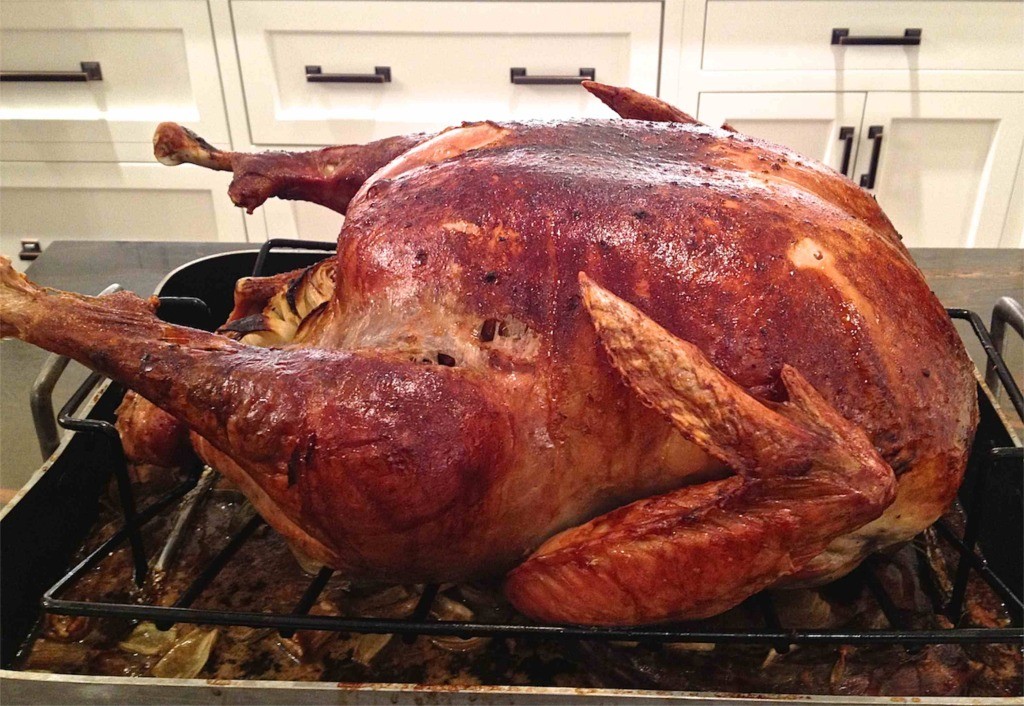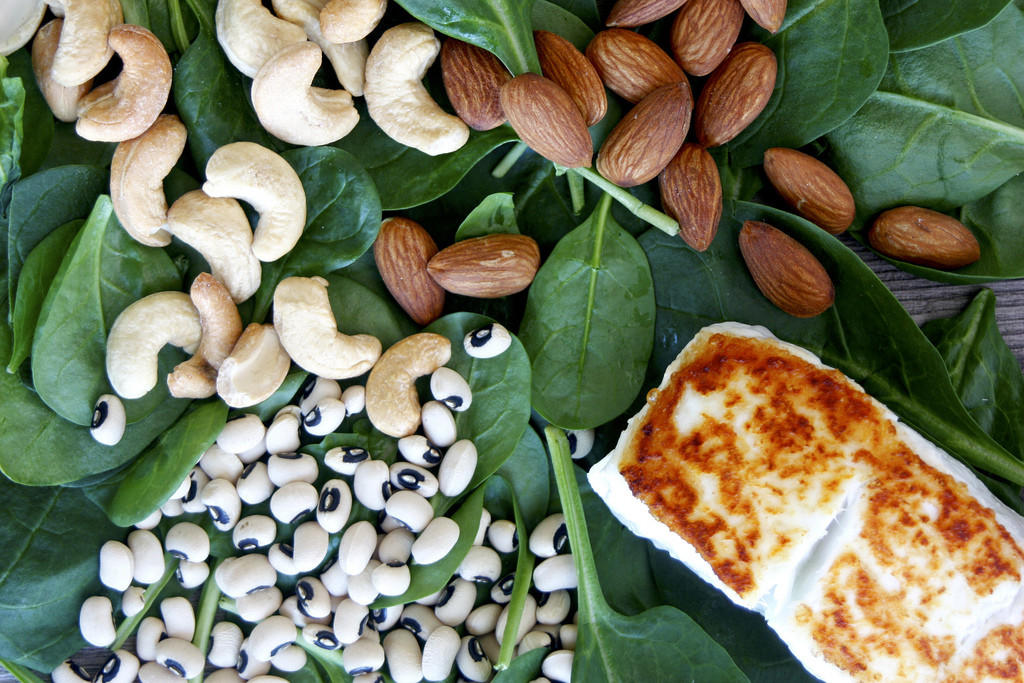We all think of tryptophan as that chemical in turkey that makes you sleepy after Thanksgiving Day dinner. It turns out that’s a total myth.
However, even though tryptophan can’t explain why we all get sleepy after our turkey dinners, this versatile chemical may explain another confounding Thanksgiving Day phenomenon: how we manage to be friendly to our crazy family for THAT long.

Photo by Morgan Goldberg
We used to think that tryptophan made you tired because it turns into serotonin, which turns into melatonin, which is known for its sleep-inducing effects. But turkey (and other tryptophan-dense foods like eggs and chicken) just doesn’t contain enough tryptophan to actually make you sleepy.
Still, when tryptophan turns into serotonin, it can actually boost your mood, and we discovered a while ago that depleting the body of tryptophan promoted antisocial behavior and decreased cooperation.
Therefore, more recently, researchers decided to test the opposite: could increasing tryptophan encourage prosocial behaviors, like donating to a charity?
Half of the participants were administered 0.8 grams of tryptophan (the amount of tryptophan in about three eggs) while the other half of participants were given a placebo. One hour later, all participants were asked if they would donate to charity.

Photo by Christina Urso
Sure enough, participants in the tryptophan group donated significantly more money than those in the placebo group. Besides eggs and turkey, other high-tryptophan foods include nuts, seeds, tofu, cheese, red meat, chicken, fish, oats, beans, and lentils.
However, be aware that the amount of tryptophan administered during the study was about four times the recommended daily dose, and some people still feel that achieving these effects requires far more tryptophan than one person can consume in a day.


